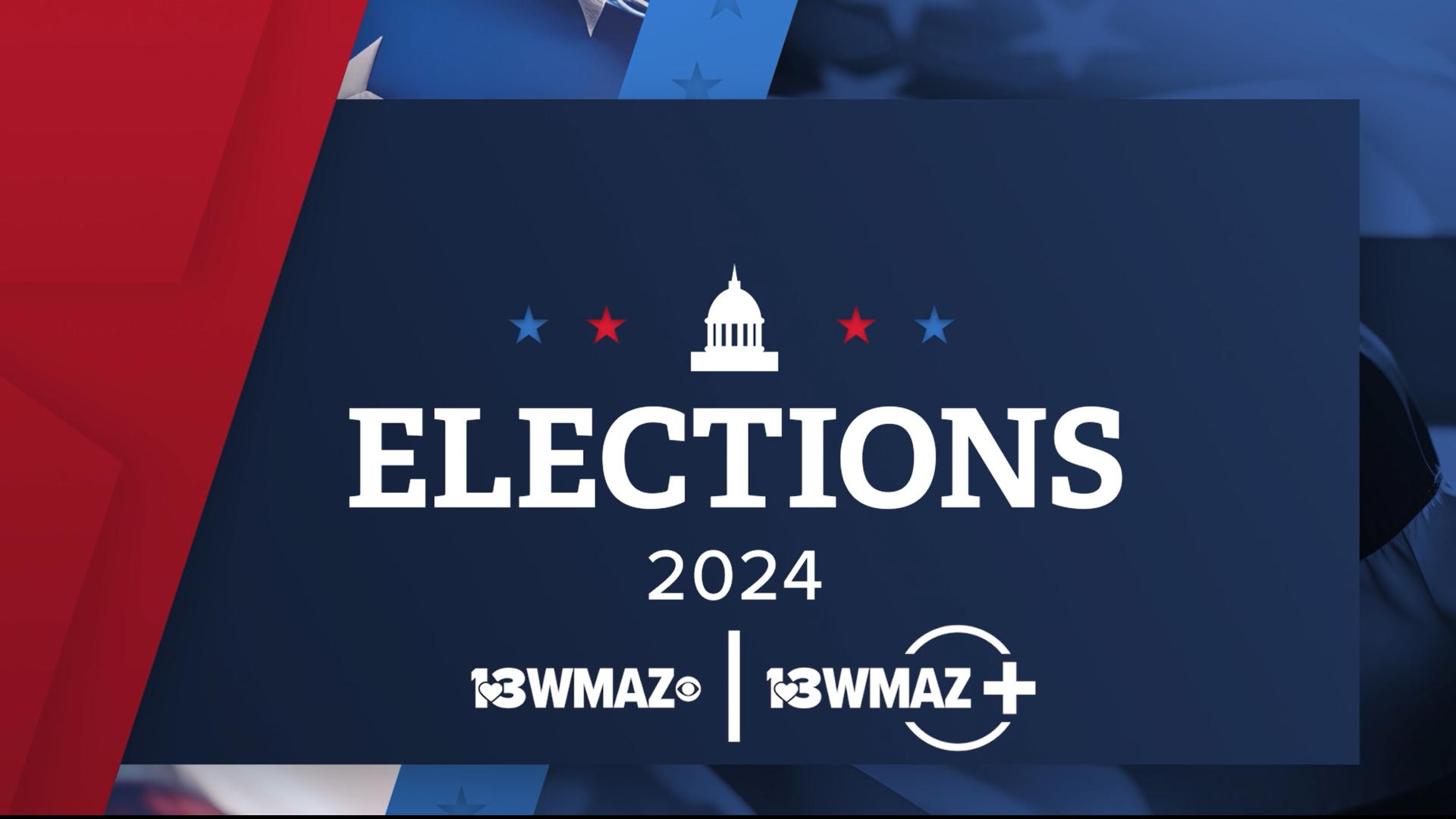CHICAGO — A federal judge struck down a lawsuit filed by 17 states, including Georgia that challenged federal rules entitling workers to time off and other accommodations for abortions on Friday.
The Arkansas judge said the challenges "lacked standing."
Republican attorneys general from each state, led by Arkansas and Tennessee, sued the Equal Employment Opportunity Commission (EEOC) in April, days after the agency published rules for employers and workers to implement the Pregnant Workers Fairness Act, a 2022 law requiring many employers to make “reasonable accommodations” for pregnant or postpartum employees.
A spokesperson for the Georgia Attorney General Officer released the following statement after the lawsuit was dismissed:
“This is yet another example of the Biden administration using an executive agency to try to usurp the powers of Congress and issue a regulation that directly conflicts with duly passed legislation. The underlying bill aims to protect pregnant workers, but the new rule does no such thing.”
In addition to more routine pregnancy workplace accommodations like time off for prenatal appointments, more bathroom breaks, or permission to carry snacks, the rules say that workers can ask for time off to obtain an abortion and recover from the procedure.
The lawsuit filed in federal court in Arkansas argued the regulations go beyond the scope of the 2022 law that passed with bipartisan support.
Kara Murray, the spokesperson for Georgia's Attorney General Office, clarified that Peach State officials joined the lawsuit in its efforts to challenge a rule introduced by the Equal Employment Opportunity Commission and not the Pregnant Workers Fairness Act itself.
The other states that joined the lawsuit are Alabama, Florida, Georgia, Idaho, Indiana, Iowa, Kansas, Missouri, Nebraska, North Dakota, Oklahoma, South Carolina, South Dakota, Utah and West Virginia.
Murray added in the attorney general's statement that the initial complaint stated that "unelected commissioners at the EEOC seeks to hijack these new protections for pregnancies by requiring employers to accommodate workers’ abortions – something Congress did not authorize."
“EEOC’s sudden proposal to expand the PWFA to cover abortions encountered substantial resistance. Tens of thousands of commenters opposed EEOC’s abortion-accommodation mandate. Many argued that the inclusion of abortion accommodations exceeded the purview of the PWFA, which nowhere mentions abortions," the initial complaint allegedly states.
The EEOC regulations are also being challenged in another federal lawsuit in Louisiana that is still awaiting a ruling. The U.S. Conference of Catholic Bishops, along with other religious groups, have filed a separate lawsuit over the abortion provision in the U.S. District Court for the Western District of Louisiana. That case has been consolidated with a lawsuit filed by the attorneys general of Louisiana and Mississippi, which also asks the judge to postpone the enforcement of the EEOC rules pending the outcome of the case.
Eastern District of Arkansas U.S. District Judge D.P. Marshall, Jr., who was appointed to the bench by former President Barack Obama, denied the states' request for a nationwide preliminary injunction on the federal rules, which are scheduled to go into effect on Tuesday.
"The States’ fear of overreach by one branch of the federal government cannot be cured with overreach by another," Friday's ruling says.
Arkansas Attorney General Tim Griffin said in a statement provided by a spokesperson that he is “disappointed in the court’s ruling” and "am considering all legal options and remain confident we will ultimately be successful.”
The American Civil Liberties Union and more than 20 labor and women’s advocacy groups, including A Better Balance, a non-profit that spearheaded the 10-year campaign for the Pregnant Workers Fairness Act's passage, filed amicus briefs in both cases arguing the EEOC rules should take effect as scheduled, calling them key to the successful implementation of law.
“Today’s ruling in Tennessee v. EEOC is a victory for millions of pregnant and postpartum workers across the country because it allows the Pregnant Workers Fairness Act (PWFA) regulations to go into effect next week, providing important clarity about how the law works in practice,” said Dina Bakst of A Better Balance.
In their briefs, the groups cited dozens of examples of pregnant workers who have reached out to advocacy groups or filed lawsuits claiming that employers have continued to deny them accommodations in violation of the Pregnant Workers Fairness Act.
“The relief sought in this case is completely overboard and would have harmed literally millions of people,” said Gillian Thomas, a senior staff attorney in the ACLU’s Women’s Rights Project, referring to the lawsuit in Arkansas. “The law has been in place for a year, and employers are violating it in the most egregious way right and left and clearly need guidance.”
The EEOC, in its regulations, said it was conforming to decades of legal precedent establishing that pregnancy anti-discrimination laws include abortion.
Abortion rights defenders have also hailed the protection under the EEOC rules as especially critical in the wake of the Supreme Court ruling that overturned the constitutional right to abortion. Women in states with strict abortion restrictions increasingly have to travel far to obtain the procedure, needing time off to do so.



